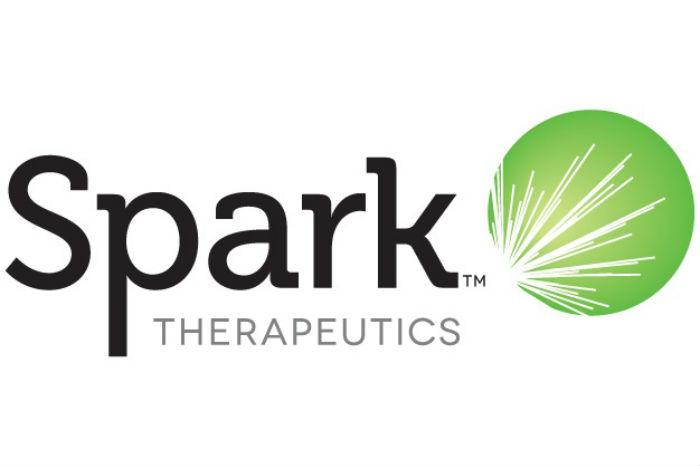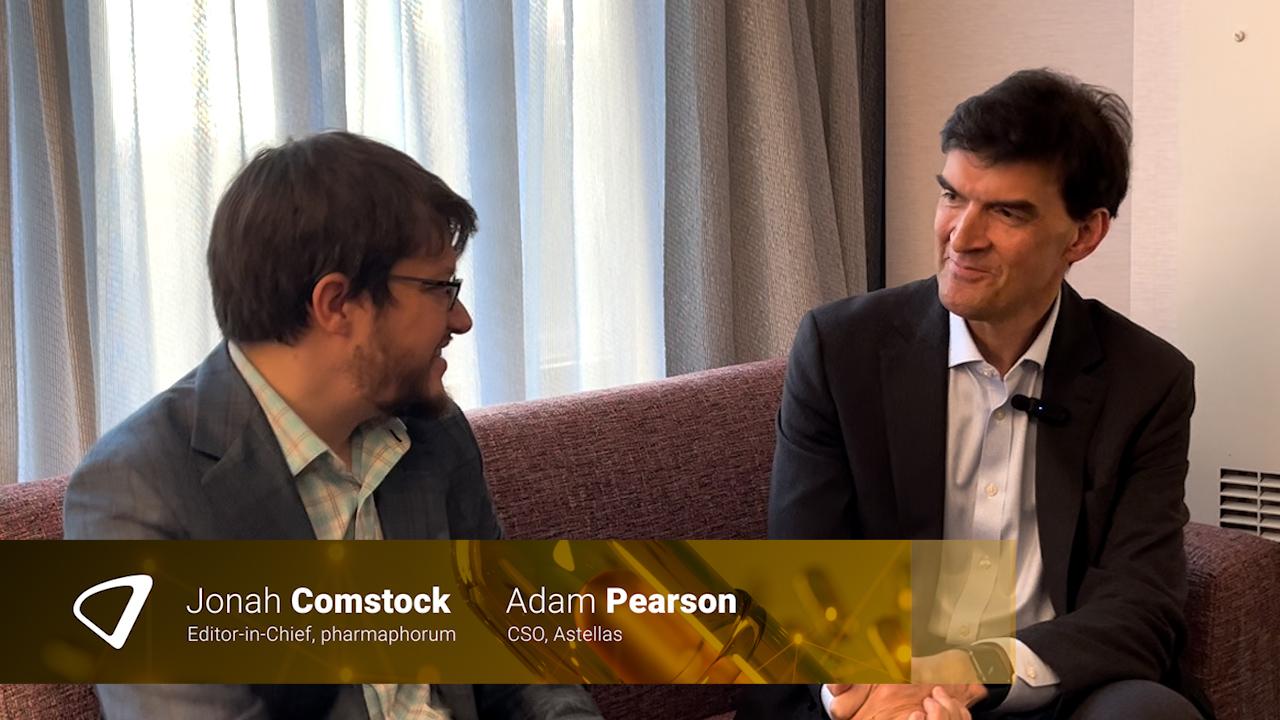Spark/Pfizer eye phase 3 trial of haemophilia B gene therapy

Spark Therapeutics has already revolutionised treatment of a rare hereditary eye disease with a gene therapy, but could it be about to do the same with haemophilia B?
The US biotech has announced encouraging early-stage results from its SPK-9001, which it is developing in partnership with Pfizer, and preparations are under way for a phase 3 trial.
It’s still early days, and the phase 1 /2 trial data announced at the World Federation of Hemophilia Congress in Glasgow only involved a small group of 15 patients.
But the companies said a single shot of SPK-9001 had resulted in “dramatic” reductions in bleeding and factor IX infusions, with no adverse events so far in the group.
SPK-9001 is a novel, investigational vector that contains a bio-engineered adeno-associated virus capsid and a tweaked human factor IX gene enabling patients to produce the factor IX needed for normal clotting.
Based on individual participant history for the year prior to the study, the overall annualised bleeding rate (ABR) for all 15 participants was reduced by 98% based on data after week four.
The annual rate was 0.2 bleeds per participant after SPK-9001, compared with 8.9 bleeds before administration.
Only one participant experienced a bleeding event four or more weeks after infusion.
Overall annualised infusion rate (AIR) was reduced by 99% for all 15 participants to an annual rate of 0.9 infusions, compared with an annual rate of 57.2 infusions before the dose of SPK-9001.
As of the May 7, 2018 data cutoff, all 13 participants with at least 12 weeks of follow-up after SPK-9001 infusion, the length of time required to achieve steady-state factor IX activity levels, reached stable factor IX levels of more than 12%.
The range of steady-state factor IX activity level, beginning at 12 weeks through 52 weeks of follow-up for the first 10 participants infused, was 14.3% to 76.8%.
For the three participants infused with SPK-9001 manufactured using an enhanced process who reached 12 or more weeks of follow-up, the range of steady-state factor IX activity level was 38.1% to 54.5%. The two remaining participants are out 11 and 5 weeks, per the May 7, 2018 data cut-off date.
There have been no serious adverse events, no thrombotic events and no factor IX inhibitors developed, and all 15 participants infused with SPK-9001 have stopped prophylactic clotting factor infusions.
Spark Therapeutics has completed enrollment in the Phase 1/2 clinical trial of SPK-9001 in haemophilia B and expects to complete the transition of the program to Pfizer this summer.
Philadelphia-based Spark expects to deliver a batch of drug substance to Pfizer, enabling Pfizer to begin a phase 3 clinical trial.
Spark made history in December, after convincing the FDA to approve the first ever gene therapy for the US market.
Luxturna (voretigene neparvovec) is used to treat Biallelic RPE65-Mediated Inherited Retinal Disease, where the vision is badly affected by a fault in a gene known as RP65.
Luxturna is a single injection that works by delivering 150 billion viral vector particles containing a correct copy of the RP65 gene to retinal cells, restoring the patient’s ability to make the missing enzyme. Novartis has picked up ex-US rights to the treatment.












